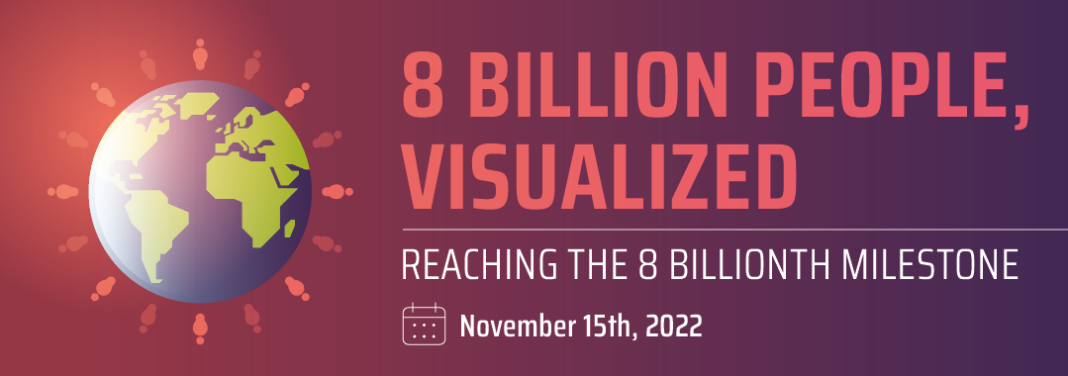A recent news story you may have missed is the increasing global population. Humanity has hit the 8 billion people mark that speaks to rapid growth and has rippling effects throughout society. Many of these effects impact key areas, such as economics and labor, and should be understood.
Overall, the global population grows by 0.83% a year, although each country sees different levels of growth within its own borders. Currently, China is the most populous country, with 1.426 billion people. However, the growth rates and fertility rates in African countries are skyrocketing, which will result in rapidly expanding populations.
We can explain some of this growth through the global life expectancy, which has lengthened over the past two centuries. However, there is variety between the life expectancies in different countries. Spain is currently the healthiest country, with an average life expectancy of 83.98 years, while Sierra Leone is the unhealthiest country, with an average life expectancy of 44.4 years.
Some of the key impacts of our growing world reside in business. A larger population has slowed the increase in global GDP and may lead to labor shortages. It also places high demand on industries that will aid an aging population, requiring more hospitals and retirement homes.
The growing population has generated positive change as well. Longer lives lead to more capital and improves overall productivity. Additionally, growing countries are better equipped to support multinational corporations. And finally, much of the world’s GDP is shifting to Sub-Saharan Africa.
There is no doubt that a population of eight billion people is highly significant and will shape the future, whether it be in business, environment, culture, or migration. The world’s population is expected to continue growing for decades, reaching a peak of 10.4 billion. There is still much growth to come, so paying attention to population trends can help us predict changes.










